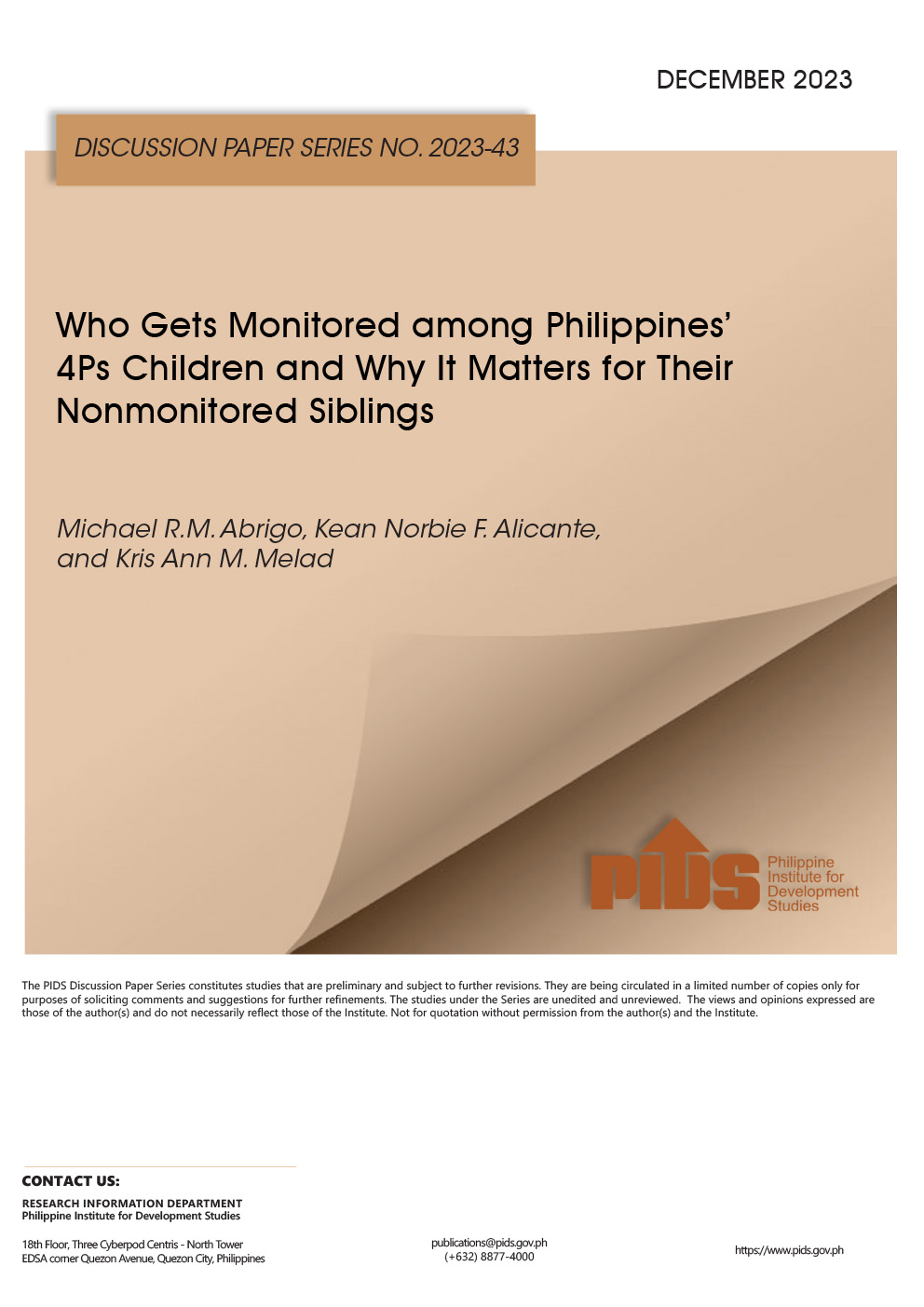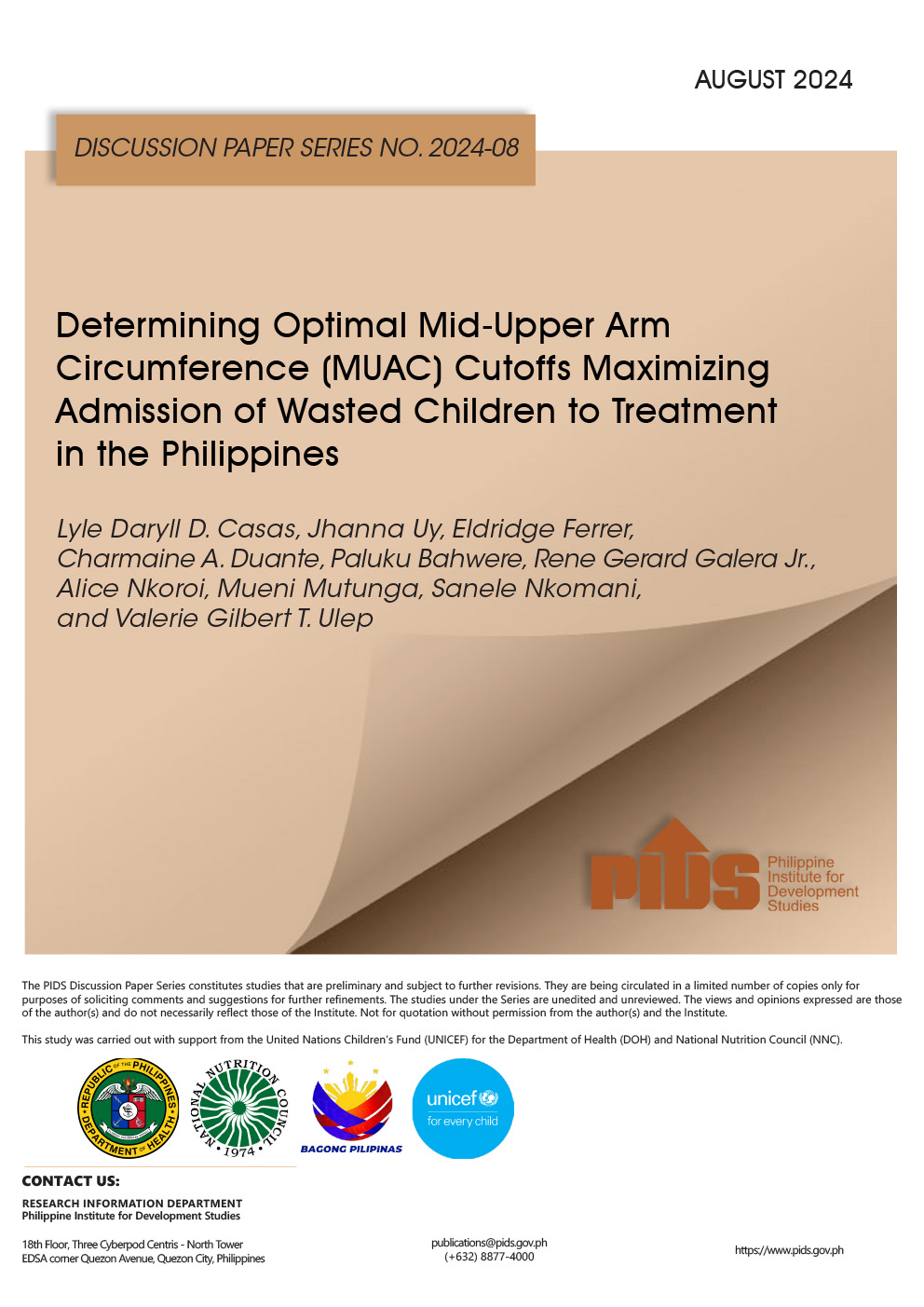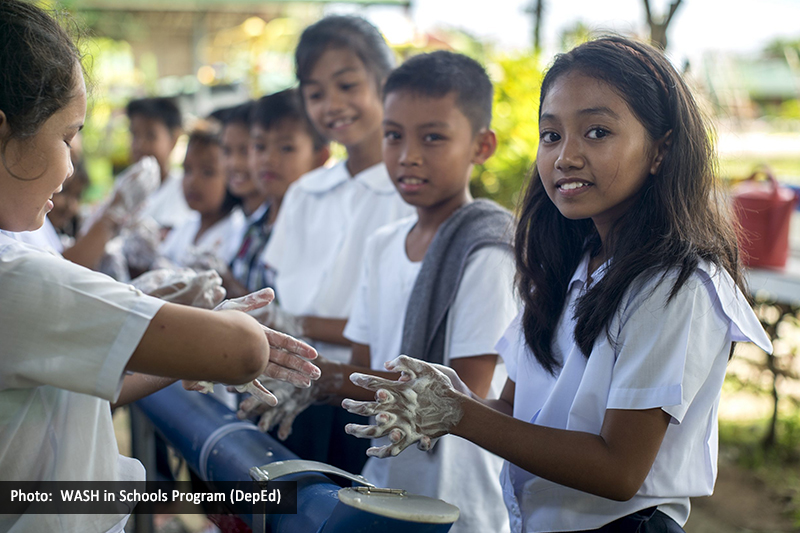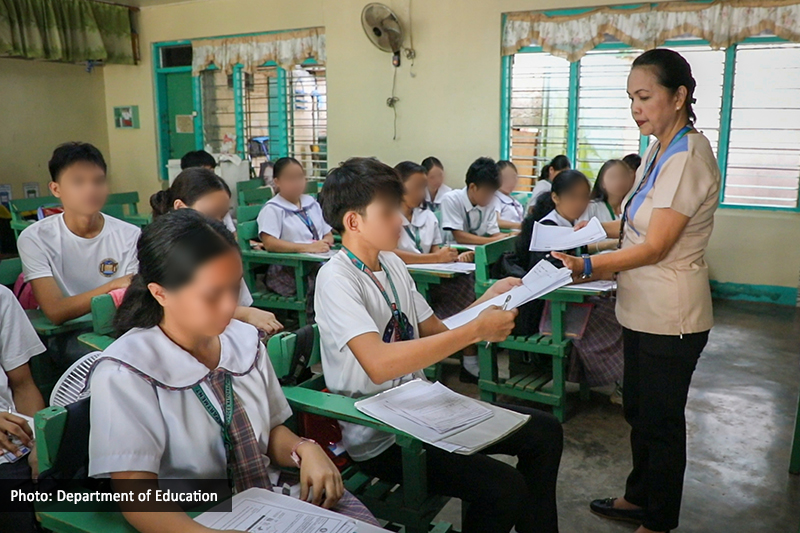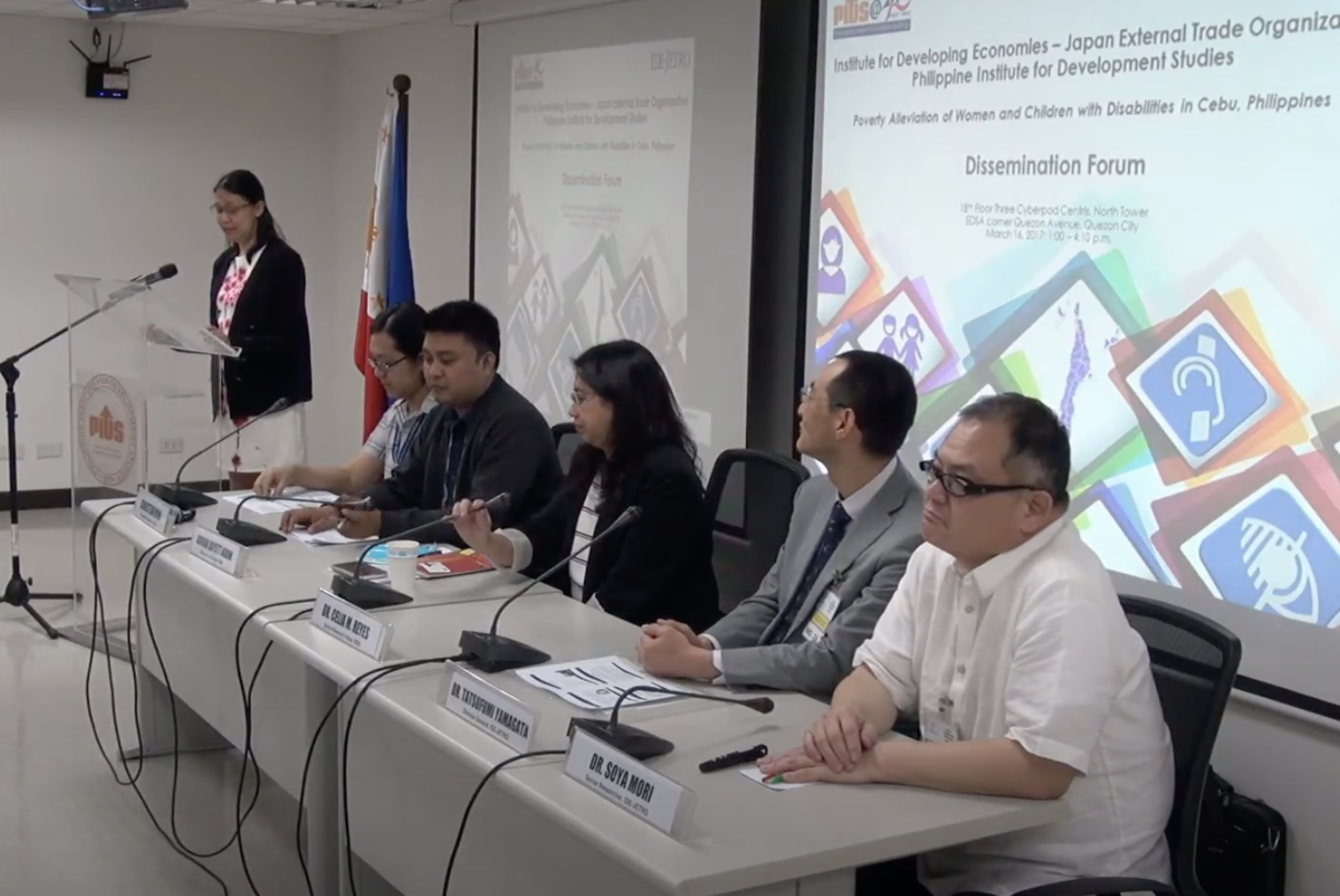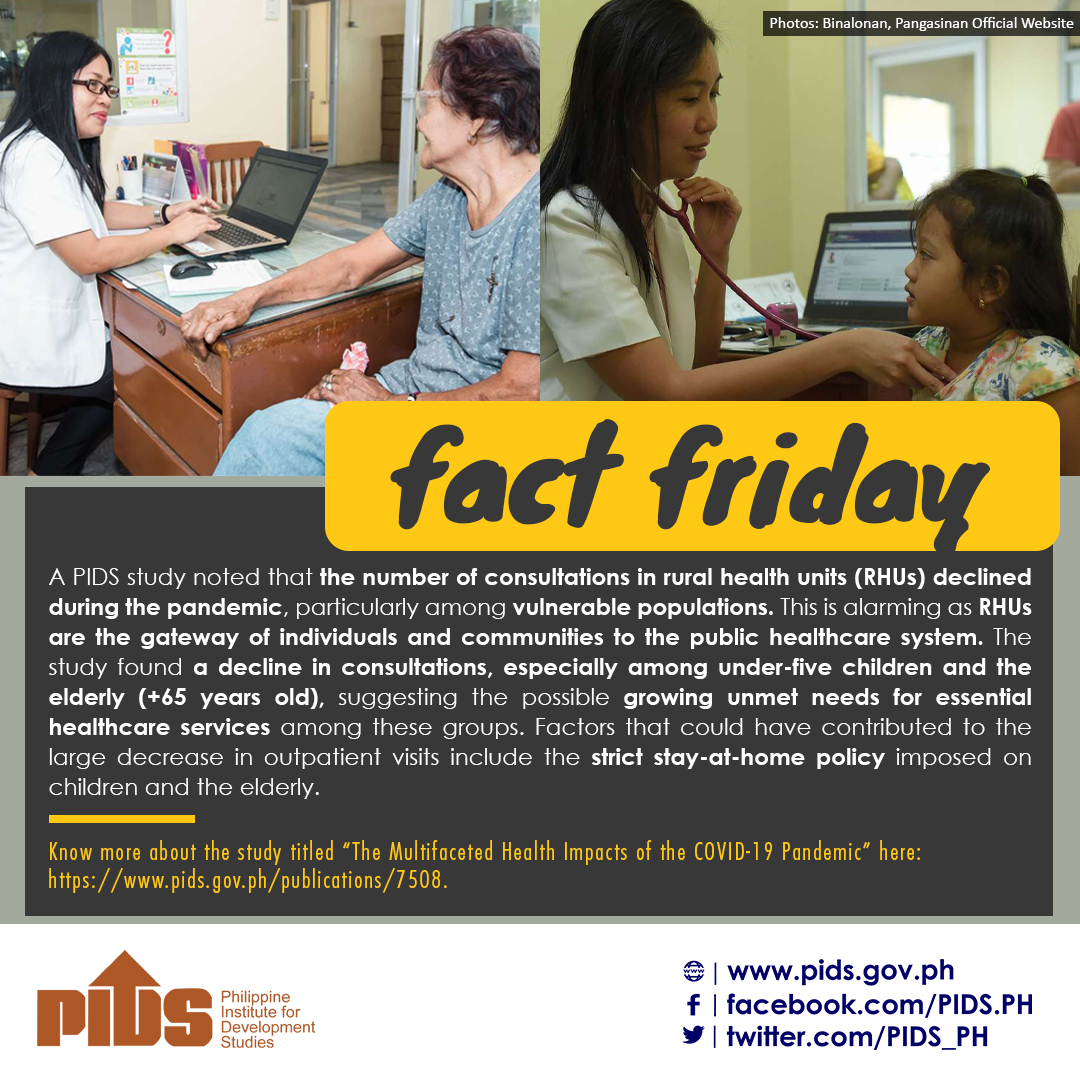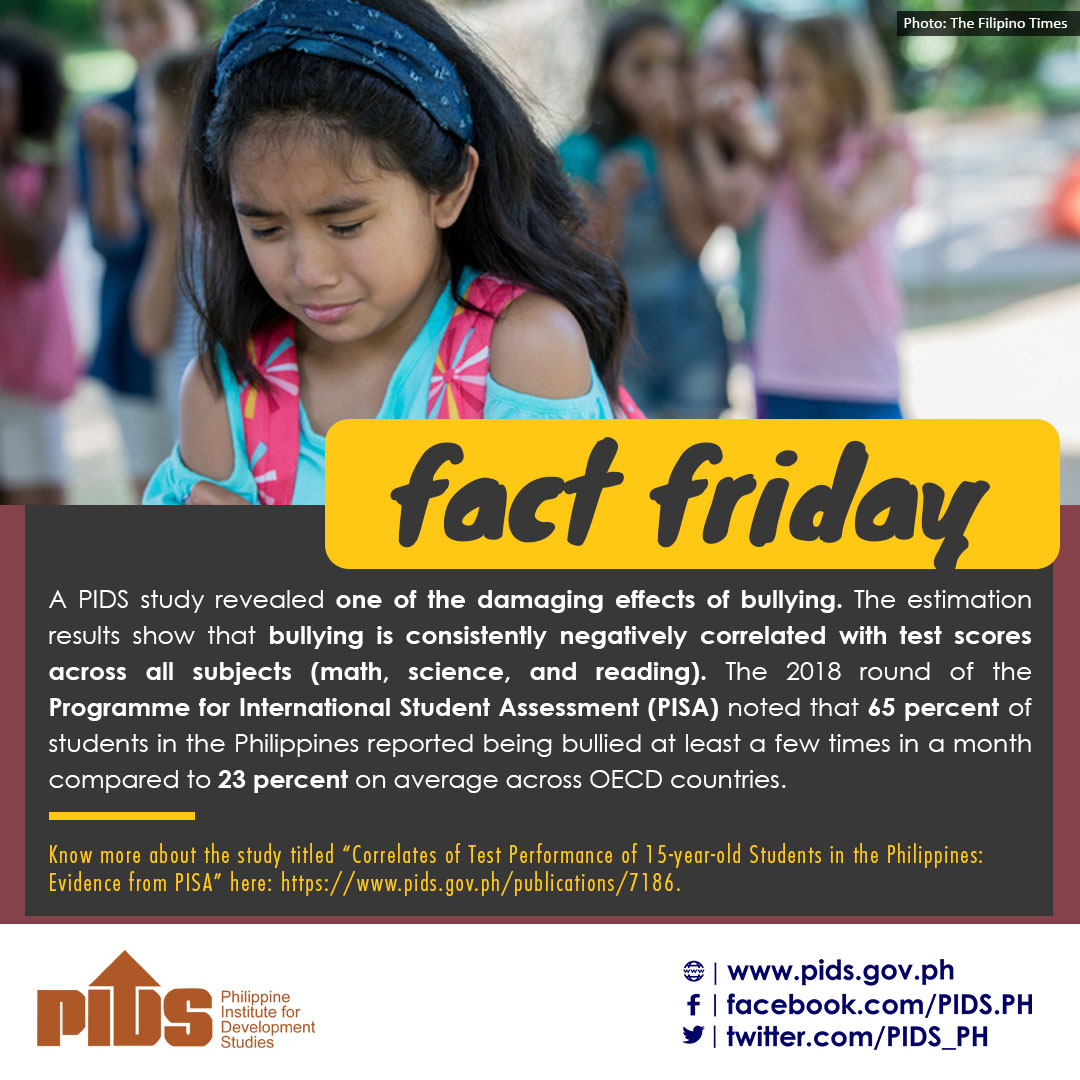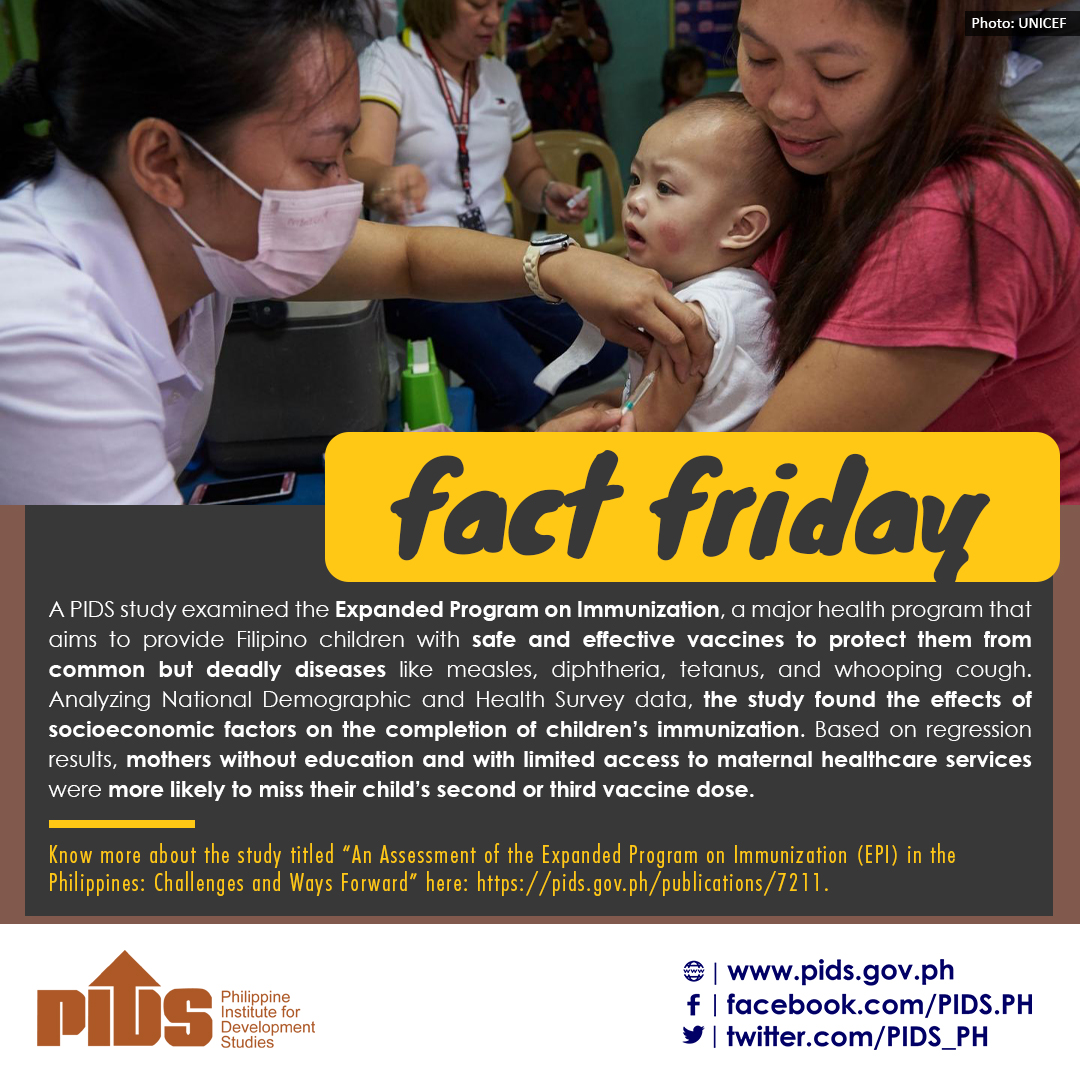THE Commission on Population and Development (CPD or Popcom) is optimistic that pending bills in Congress that seek to allow sexually active adolescents to gain access to contraceptives without parental consent will be passed next year.
In a phone interview with the BusinessMirror on Thursday, Popcom Undersecretary Juan Antonio A. Perez III said the bill hopes to address the surge in teenage pregnancies in the country.
Perez said the country has the second highest adolescent birth rate in the Asean at 57 per 1,000 women aged 15 to 19 years old, together with Cambodia. Lao PDR has the highest at 75.6.
“Only those adolescents with children [who] are pregnant or had a miscarriage [will be allowed]. That means they are already sexually active, they have a family, so that is what’s on the bill of Senator Risa Hontiveros that those adolescents in that situation may access family planning services directly because they are already parents or mothers themselves. But adolescents who are just sexually active, or not pregnant, they still have to get consent from their parents,” Perez said.
Sexual education
One of the bills filed is Senate Bill 161, or the Prevention of Adolescent Pregnancy bill, which provides “health facilities, goods and services should be known and easily accessible (economically, physically and socially) to all adolescents, without discrimination. Confidentiality must be guaranteed and maintained at all times.”
While this may have some good intentions, some economists prefer that education of adolescents be emphasized in order to prevent the rise in teen pregnancies.
Philippine Institute for Development Studies (PIDS) Senior Research Fellow Michael Ralph M. Abrigo told the BusinessMirror that there are studies that show education can help delay sexual initiation.
“Education [should act] as a precondition of access. These adolescents must understand what they are getting themselves into,” Abrigo said.
PMS ‘control’
University of Asia and the Pacific (UA&P) School of Economics Dean Cid Terosa agreed, and said allowing adolescents to freely access contraceptives could even increase the number of teenagers engaging in premarital sex (PMS).
Perez, in a recent presentation, said the highest levels of PMS are in the National Capital Region (NCR), or Metro Manila, at 40.9 percent and Central Luzon at 39.1 percent. The lowest was in the Autonomous Region in Muslim Mindanao at 7.7 percent.
He added that 78 percent of first PMS of adolescents was unprotected. The incidence is higher for females at 83.8 percent while it was at 73.4 percent for males.
As a result, 8.6 percent of women aged 15 to19 have begun child bearing in 2017. The highest rates were in Davao Region at 17.9 percent; Northern Mindanao, 14.7 percent; and Soccsksargen, 14.5 percent.
“Access to contraceptives without parental consent passes on the responsibility of making decisions on delicate matters to young people who may not have the wisdom, knowledge and experience to make good and reasoned choices,” Terosa said.
Collective effort
In order to address the problem, Terosa and Ateneo Center for Economic Research and Development (ACERD) Director Alvin P. Ang told the BusinessMirror that communities matter.
Terosa said families, schools, neighborhoods and civil society need to work together, especially now with strong influences on social media and the Internet.
Ang said it’s difficult for the government to focus on teenage pregnancy at this time. However, he said, families and the religions should work together to help adolescents make the right choices.
“We also call on Congress to enable a law allowing the expanded access to modern family planning services for pregnant adolescents and those who already have children, as well as for those who already had a miscarriage, without requiring them for written parental consent,” Popcom said in a news statement.
“This, we see, will address the risk of repeat teen pregnancy. We also need to identify and take action on key opportunities as well as missed opportunities of the government and other stakeholders in the engagement of adolescents as mandated by the RPRH [Responsible Parenthood and Reproductive Health] law,” it added.
The Popcom also said it commits to advocate for President Duterte to issue an Executive Order that acknowledges teen pregnancy as a national emergency.
They are also calling on the Human Development Poverty Reduction Cluster to develop a National Program of Action and Investment Plan for the Prevention of Teen Pregnancy.

